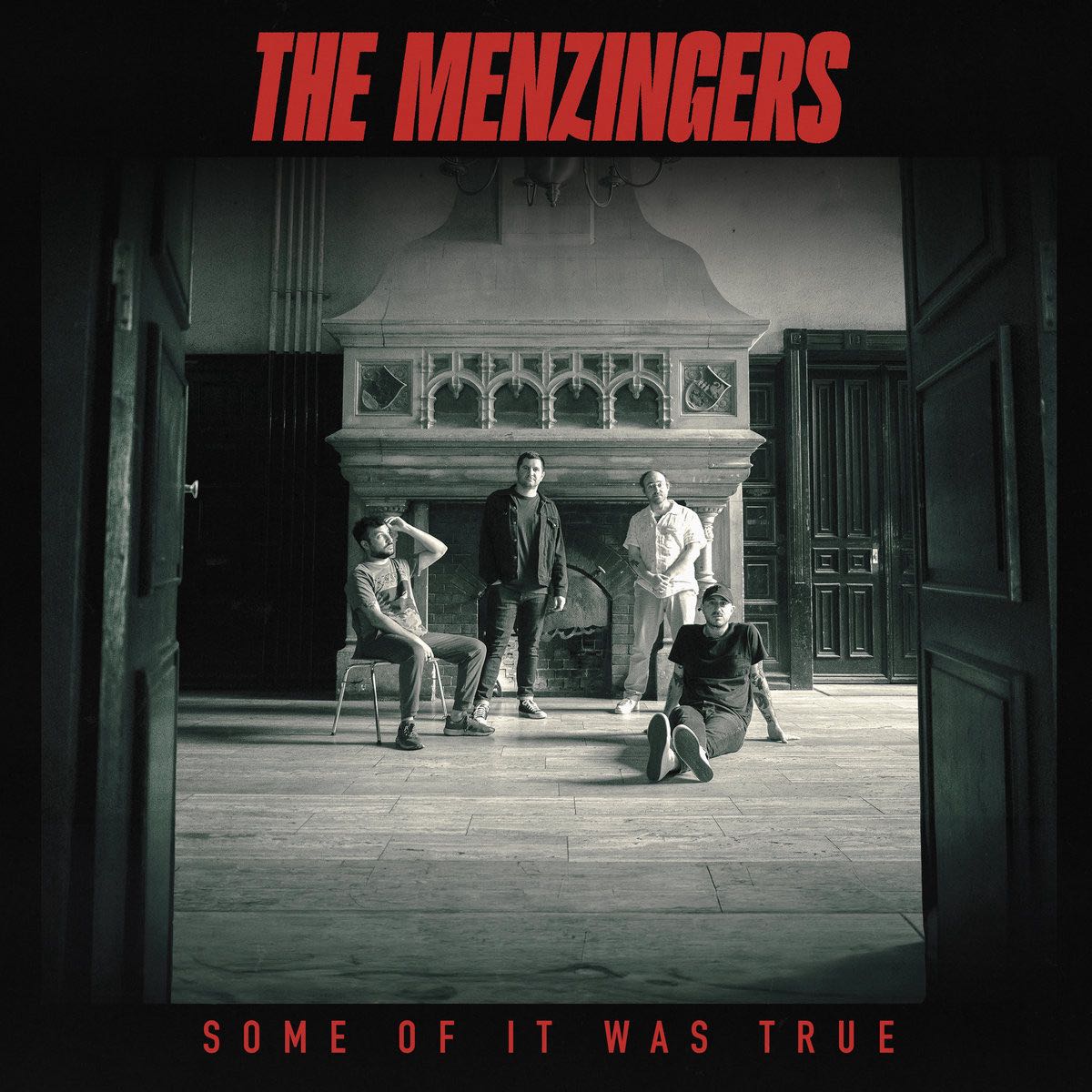The Menzingers
Some of It Was True
EPITAPH
For a brief moment, things got wobbly for The Menzingers. After the breakthrough success of 2012’s stunning third album On the Impossible Past, and 2014’s still-pretty-great follow-up Rented World, the Scranton punks seemed to get stuck in a rut. Or rather, they couldn’t work out how to transcend the broken nostalgia that had, from the very beginning, been an integral part of their songs. Their attempt to do so resulted in After the Party, a record on which the band were too self-conscious about their wistful nature. Instead of infusing songs with that sense of longing—instead of feeling it—they were writing about feeling it.
Thankfully, the band re-centered themselves on 2019’s prophetically titled Hello Exile, a record which did what The Menzingers do best—bringing it back to those pure core emotions. And while the band have definitely settled into a comfortable musical groove these past few years—honing and polishing that melodic heartland-anthemic-punk aesthetic—that was at least a record full of emotion, rather than being one degree removed from it.
Some of It Was True is the band’s seventh album, and largely gets that balance right again. Across its 13 tracks, Greg Barnett and Tom May take turns poignantly lamenting the passing of the days and years, of loves and lives, of regrets and the promise of hope. Indeed, both opener “Hope Is a Dangerous Little Thing” and second track “There’s No Place in This World for Me” bristle with the distance between possibility and despair. They’re far from unconvincing, but also sound a little Menzingers-by-numbers. Somewhat ironically, the ruminations on nostalgia on the title track succeed where After the Party failed, while “Come on Heartache” and its insistent ’80s guitar chug could be a Springsteen outtake for an unrecorded album between Born in the USA and Tunnel of Love.
That’s an homage that works, as opposed to the Bon Jovi–esque posturing of “Take It to Heart,” which doesn’t quite do what the title promises. “Love at the End” and the melancholy lament of “High Low” are the high points of a second half that definitely loses steam at moments. But then “Running in the Roar of the Wind” closes the record with a warming breeze of past and present, the two greeting each other like strangers who were once best friends—familiar but distant, unable to reconcile that contradiction. It’s a fitting end to a record that doesn’t always quite hit the heights that the band are capable of, but who only have the greatness of their own impossible past to blame.









